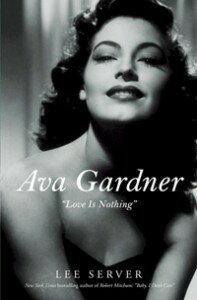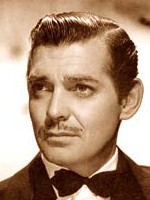I’ve finally finished Marc Eliot’s book, Jimmy Stewart: A Biography. Reading it was an interesting process because, as I did, I re-watched many of the movies Jimmy Stewart appeared in. Between the book and the movies, I’ve re-evaluated my opinion of James Stewart, both the actor and the man.
Truthfully, I didn’t really have an “opinion” of him prior to this as Jimmy Stewart and his movies were always a given for me. By this I mean that when I was young I would watch old movies with my mom and, of course, Jimmy Stewart starred in many of them.
Back then, I wouldn’t have thought about the quality of his performances. They were simply movies – some I liked, some I didn’t.
Not long after that, as I got a little older, I’d “stay up half the night,” as my mother would put it. This meant I stayed up watching The Tonight Show starring Johnny Carson. (I remember when it was just The Tonight Show and I remember when they tagged the “starring …” part to the title.) If memory serves correctly, it ran between 11:30pm and 1:00am (until it was reduced to a 60 minute show).
Jimmy Stewart was often a guest, as he was occasionally on other shows, like The Dean Martin Show (with The Golddiggers!) which my mom and I also watched, usually together.
I think my image of Jimmy Stewart as both a person and as an actor was determined, or defined rather, by the Jimmy Stewart I saw on these shows: avuncular, not too serious, friendly, quaint and drawling. Just a really nice guy in the way a lovable relative might be. There was a disconnect between the George Bailey of It’s a Wonderful Life, the Scottie Ferguson of Vertigo and the Lin McAdam of Winchester ’73.
It’s likely that business of first impressions. Because I came to Jimmy Stewart at the age I was, and he was in the latter portion of his life, he was (for me) defined by that latter half – which was accurate to some degree, but nowhere close to being complete. Once you get an initial idea in your head about someone it’s very difficult to shake loose of it.
But with Eliot’s book and a somewhat different eye as I watched some of Jimmy Stewart’s movies again, I am to some degree free of my initial idea of him and I think the opinion I now have is very much different.
I think now, as I never would have thought before (it wouldn’t have even occurred to me to think in these terms), Jimmy Stewart is easily placed high in the pantheon of Hollywood actors of the period considered The Golden Age.
And I think it’s very possible he should be placed at the very top. When I think of the kind of person he was and the body of work he produced it strikes me as nothing less than remarkable though, in one sense, perhaps inevitable.
Who would have thought that nice, drawling old guy could have produced such work?
Note:
I describe this as “Part 1” because it strikes me there must be a Part 2. What I don’t know is exactly how much I’ll find myself writing. I’ve scribbled enough about many of his movies, so hopefully I can restrain myself and just keep it to one more post … then move on!




